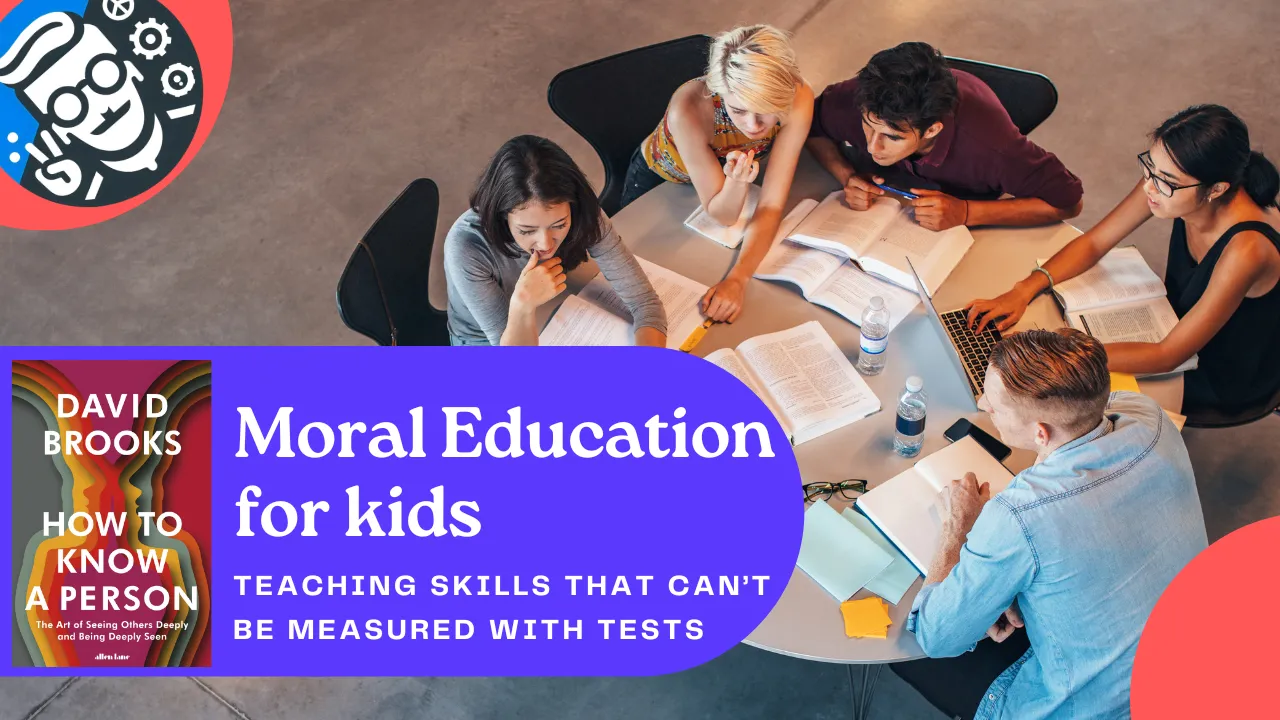Moral Education for Kids
Today we’re tackling a big, ambiguous topic: raising kids with strong moral skills: ethics, empathy, resilience, and a sense of community. As dads of two boys each, it’s a constant conversation in our households. We’re not claiming to be experts, just dads sharing our experiences and hoping to spark a conversation among fellow nerdy parents.
Navigating Cultural Landscapes: The Immigrant Parent’s Perspective
Australia is a great multi-culture society where people from different culture backgrounds are welcomed and treated with respect. One challenges we face, as immigrants to Australia, is navigating cultural differences in raising our children. We both came from different backgrounds, and now we’re raising our kids in a new cultural landscape. It’s more than just learning local customs; it’s about deciding which traditions to keep, which to adapt, and how to instill our values. David highlighted the difficulty of building a support system in a new country, especially when kids’ friends aren’t local. We’re constantly asking, “What’s best for our kids?” It requires significant thought, especially since we can’t simply replicate our own upbringings.
The Shifting Sands of Moral Development: From Church to…What?
We’ve observed a change in how society approaches moral development. Traditional community pillars, like church, aren’t as central for younger generations. While schools teach respect and inclusivity, there’s a gap in deeper moral guidance. Religious texts, once a common framework for moral decision-making, are less prevalent in our increasingly secular world. This leaves parents with the challenging responsibility of filling that void.
Core Principles: Community, Helping Others, and the Golden Rule
A core principle we emphasize is the importance of community and helping others. We are social creatures, and true happiness often stems from connecting with loved ones and contributing to the greater good. David shared an anecdote about his son and new classmates, illustrating how he teaches the privilege of helping others. We also strongly believe in the “golden rule”: treat others as you wish to be treated. However, teaching these abstract concepts isn’t easy. Unlike concrete subjects, moral development isn’t tangible or easily measured.
Building Resilience: Bouncing Back in a Changing World
Resilience is paramount in today’s rapidly changing world. We want our kids to bounce back from setbacks, learn from failures, and persevere. We encourage them to try again after a stumble, while still providing guidance. It’s a delicate balance. Resilience isn’t learned overnight; it’s built through experience and facing challenges. Traditional avenues for fostering resilience, like scouting, aren’t as popular, placing more responsibility on parents.
Structured Learning: Learning How to Learn
Another key principle is structured learning, or learning how to learn. We want our kids to understand the “why” behind their education, not just the “what.” We aim to connect learning to real-world applications and foster lifelong learning. This approach is crucial for navigating the evolving job market and adapting to technologies like AI. As AI advances, the ability to learn and adapt becomes invaluable.
Conclusion: A Journey of Learning and Growth
Raising kids with a strong moral compass is a complex, ongoing journey. We’re learning alongside our children, and our perspectives evolve. But our core desire remains: to give our children a good, safe, and fulfilling life. We hope this conversation resonates with you, and we encourage you to share your thoughts and experiences. Let’s build a supportive community for all nerdy dads!
Book Reference
How to Know A Person by David Brooks.

